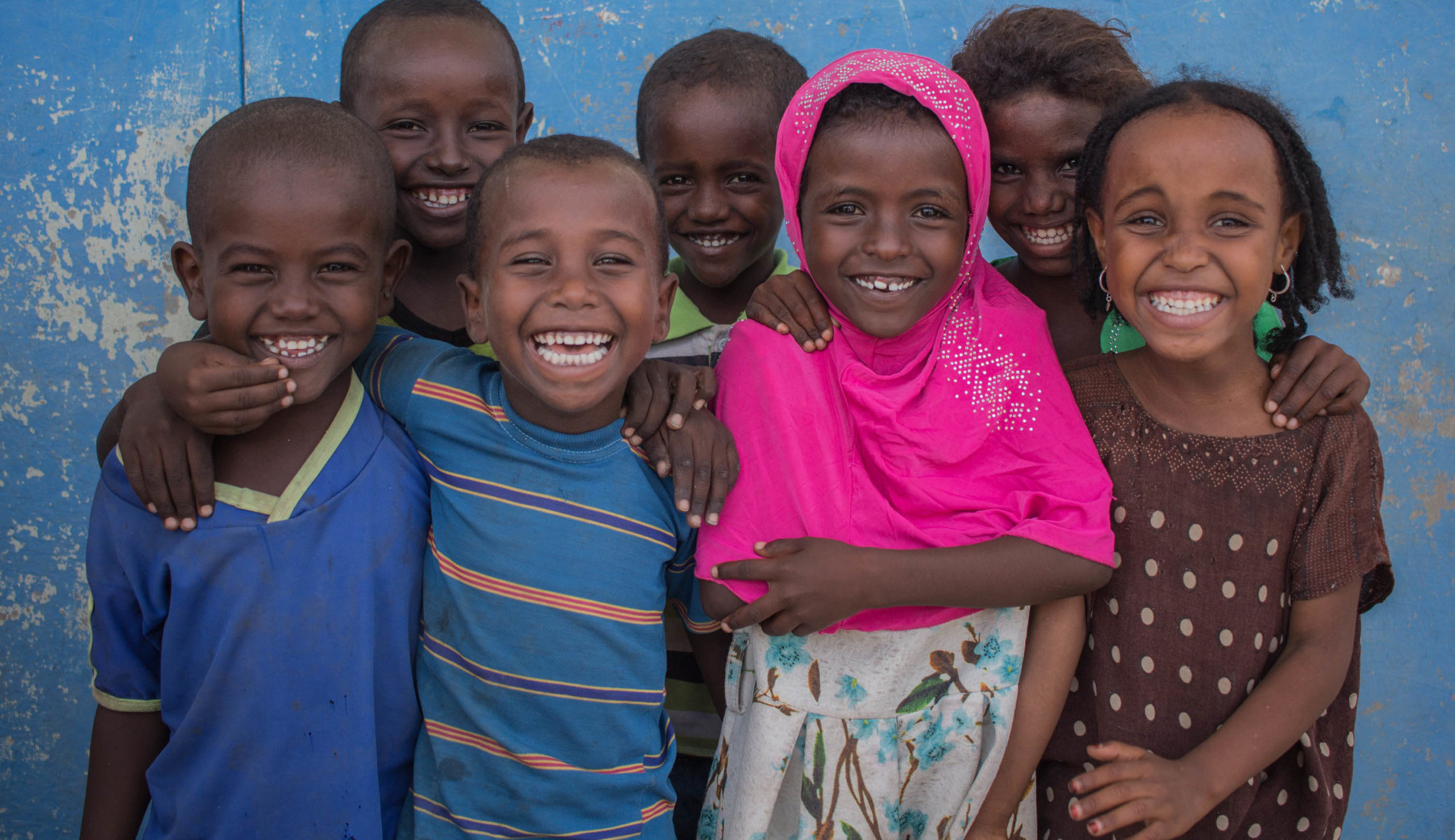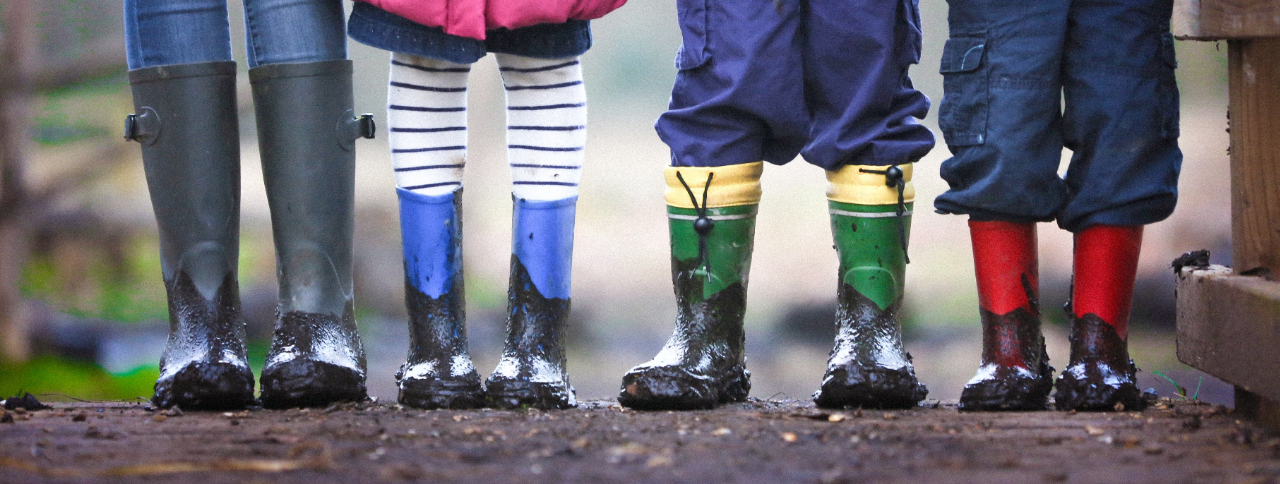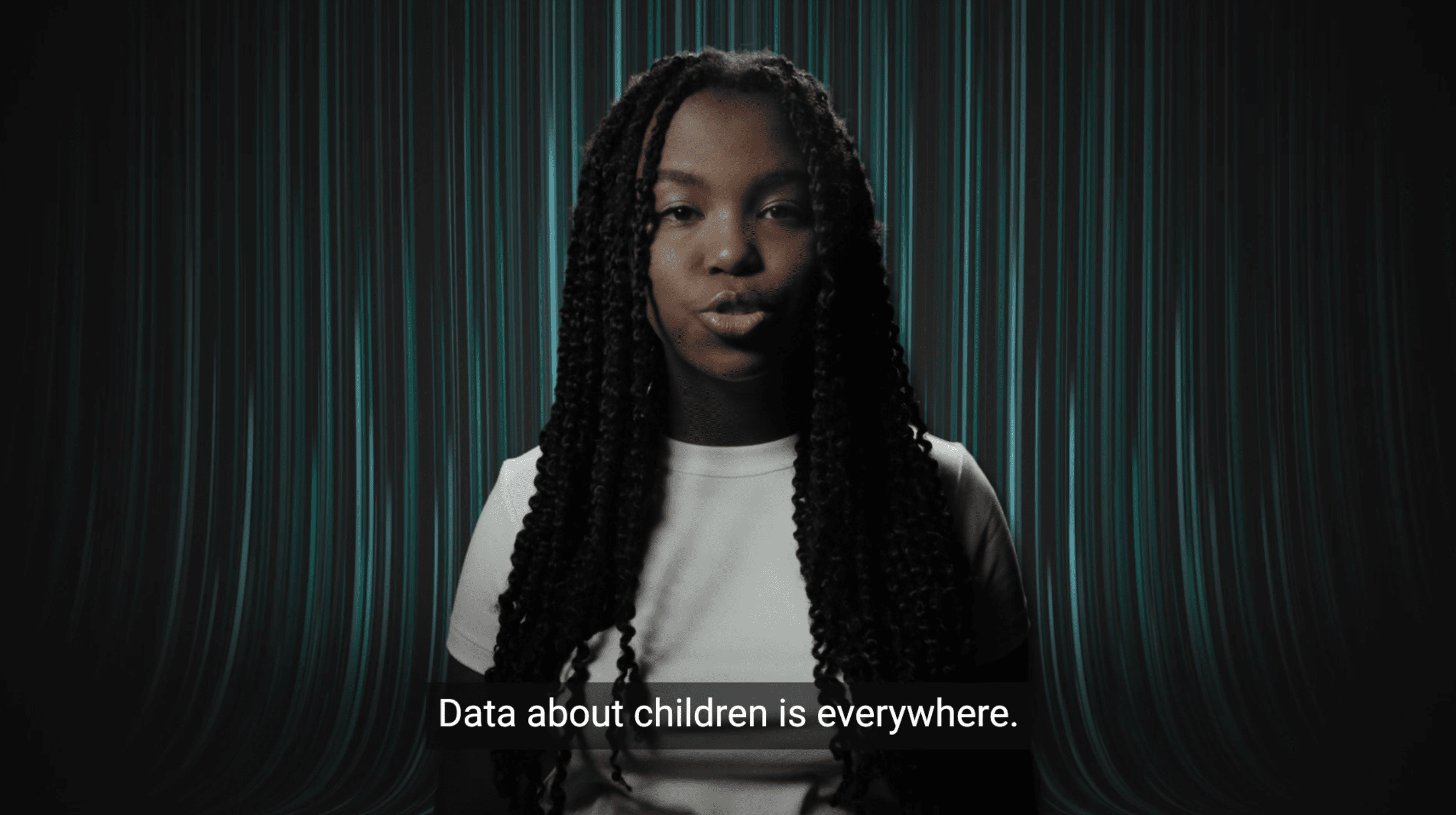Responsible Data for Children

The Responsible Data for Children (RD4C) initiative seeks to create a culture of responsible data handling practices in an age of increasingly ubiquitous technology. Through guidance, tools and leadership, it provides a way for those who work with data for and about children to put the best interests of children at the center of their data use and reuse activities.
Why do we need the Responsible Data for Children (RD4C) initiative?
Humanitarian and development actors working with children rely increasingly on a wide range of technologies. These tools — which include biometrics, digital identity systems, remote-sensing technologies, mobile and social media messaging apps and administrative data systems — and the data they create, can provide opportunities to better serve children in certain contexts.
However, they also generate risks: data can be mishandled and cause children to lose trust in institutions that deliver lifesaving services; data can be used in a way that ignores the needs and desires of their communities; and data can lead to the creation of policies that exacerbate existing inequities and vulnerabilities.
UNICEF and The GovLab created this initiative to encourage responsible approaches to data management and spark a larger conversation about appropriate data use and reuse. The work is intended to address practical considerations across the data lifecycle – assessing the risks and opportunities during the collecting, storing, preparing, sharing, analysing and using stages of the handling of data for and about children.
What does RD4C provide?
RD4C highlights and supports best practices by producing a variety of resources meant for both professionals in the field and senior decision-makers, including the following:
- Principles: a set of actionable concepts, derived from desk and field research, that rights-based organizations working with children’s data should adopt (Learn more)
- Tools: A light and user-friendly way for organizations and practitioners to operationalize the RD4C Principles in the spaces they work
(Learn more) - Case Studies: Analyses of real-world projects that provide some insight into the opportunities and challenges in realizing responsible data for children. These case studies analyze data streams deployed in countries around the world (Learn more)
- Blogs: Short pieces from the RD4C team and practitioners in the field explaining responsible data handling issues or projects (Learn more)
Who can benefit from this work?
While RD4C products are focused heavily on UNICEF and its direct counterparts, they are shared widely to support all those seeking to promote responsible data practices for and about children and to initiate a broader conversation around these issues.
The RD4C deliverables can be used by governments, communities, academics and development practitioners across the world – i.e., anywhere where an organization is using data for and about children. They contain insights useful both to senior decision-makers and professionals in the field.
How do I stay up-to-date on the RD4C initiative?
- Would you like to join the conversation and contribute to the RD4C work?
- People interested in sharing their experience and learning, can contact the RD4C team to be featured in a blog post
- For UNICEF staff, please contact the Data Helpdesk uni.cf/dhd
- For any other person, please contact rd4c@thegovlab.org
- Stay abreast of the latest RD4C developments by signing up for the RD4C mailing list here
- Subscribe to the RD4C YouTube channel here and receive regular updates on new recorded webinars, interviews and trainings


